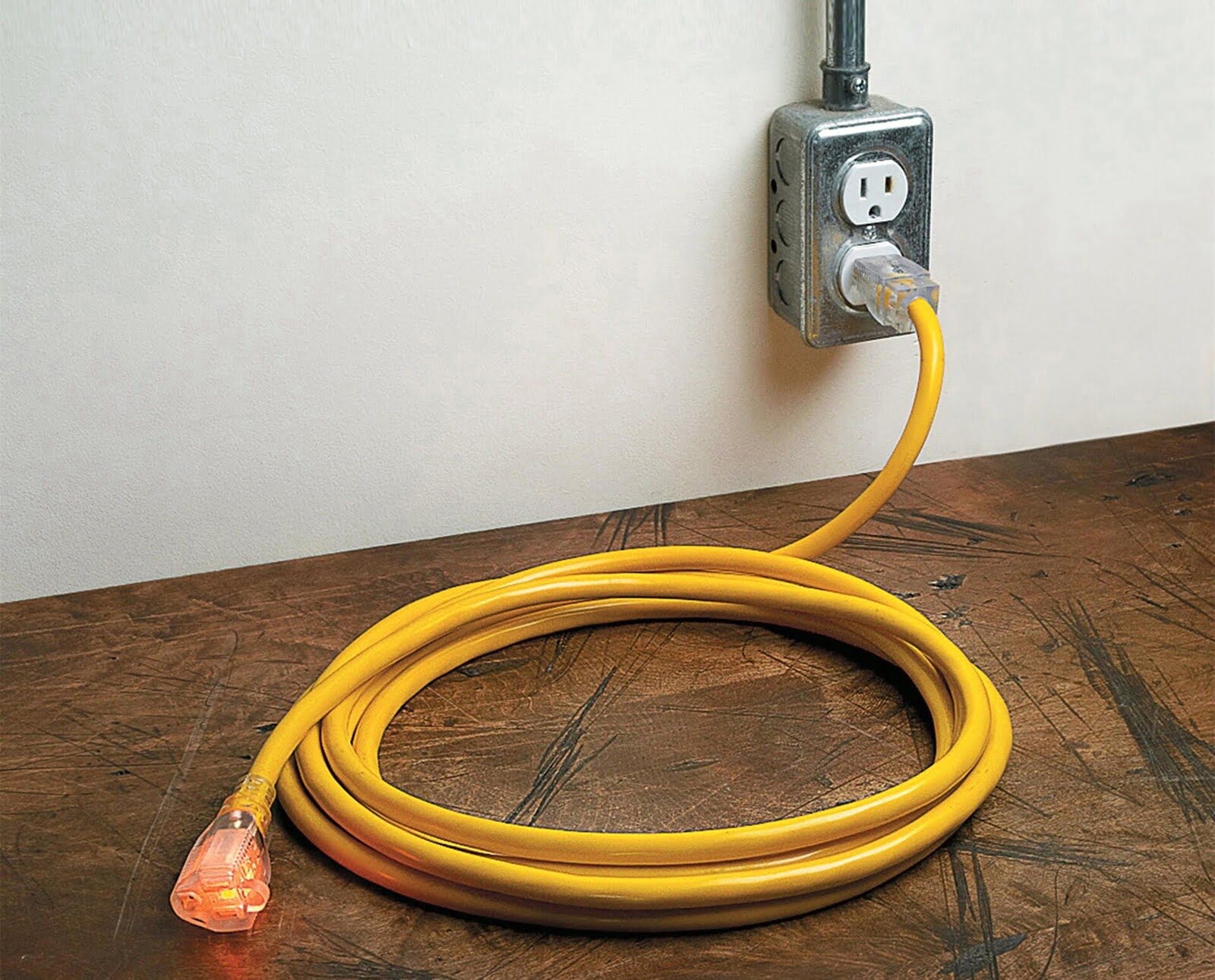

Articles
What Gauge Is An Extension Cord
Modified: August 26, 2024
Find out the appropriate gauge for your extension cord with our informative article, ensuring safety and efficiency in your electrical needs.
(Many of the links in this article redirect to a specific reviewed product. Your purchase of these products through affiliate links helps to generate commission for Storables.com, at no extra cost. Learn more)
Introduction
An extension cord is a valuable tool in today’s world, allowing us to extend the reach of electrical devices and appliances. Whether you’re setting up outdoor lights for a party, working in a workshop, or simply need to plug in an electronic gadget in a different location, an extension cord can provide the flexibility and convenience you need.
However, not all extension cords are created equal. One important factor to consider when choosing an extension cord is the gauge, which refers to the thickness of the wire inside the cord. The gauge affects both the maximum current carrying capacity and the overall electrical safety of the cord.
In this article, we will dive deep into the world of extension cord gauges, exploring what they are, the common gauges available, and the factors you should consider when choosing the appropriate gauge for your needs. We will also discuss important safety considerations to keep in mind when using extension cords.
So, if you’ve been wondering about the gauge of an extension cord and how it can impact your electrical setup, keep reading to gain a better understanding of this essential aspect of extension cord selection.
Key Takeaways:
- Choose the right extension cord gauge based on your device’s power requirements and cord length to ensure optimal performance and safety. Prioritize safety by avoiding overloading, inspecting cords, and proper storage to prevent accidents.
- Prioritize safety when using extension cords by following important safety considerations such as avoiding damp areas, unplugging safely, and proper placement and clearance. By being cautious and informed, you can create a safe and reliable electrical setup while enjoying the convenience of extension cords.
Read more: What Gauge Extension Cord For Camper
Understanding Extension Cord Gauge
The gauge of an extension cord refers to the thickness of the wire used inside the cord. It is typically represented by a numerical value, with lower numbers indicating a thicker wire and higher numbers indicating a thinner wire. The gauge of an extension cord plays a crucial role in determining its electrical capacity and overall performance.
When it comes to extension cords, the most common gauges are 16, 14, and 12. A lower gauge number signifies a thicker wire and, therefore, a higher current carrying capacity. For instance, a 16-gauge cord can handle lower power devices such as lamps and small appliances, while a 14-gauge cord can handle medium power devices like power tools and televisions. The thickest of the common gauges, 12-gauge cords, are capable of handling heavy-duty power tools and large appliances.
It’s important to note that as the gauge number decreases, the thickness of the wire increases, allowing for the cord to safely carry more electrical current. Thicker wires reduce the resistance of the cord, enabling it to withstand higher amounts of power without overheating or becoming a potential fire hazard.
Keep in mind that extension cord gauges are inversely related to their length. In other words, the longer the extension cord, the higher the gauge number should be to maintain a safe level of electrical performance. This is because longer cords experience more resistance, leading to voltage drops and potential power loss. By selecting a higher gauge cord for longer distances, you can minimize power loss and ensure that your devices receive the necessary electrical current.
Understanding the gauge of an extension cord is crucial for selecting the appropriate cord for your specific needs. By choosing the right gauge, you can rest assured that your electrical devices and appliances will receive the optimal amount of power, reducing the risk of damage or inefficient operation.
Common Extension Cord Gauges
When it comes to extension cords, there are three commonly used gauges: 16, 14, and 12. Each gauge has its own purpose and recommended applications. Understanding the differences between these gauges will help you choose the right extension cord for your specific needs.
16-Gauge Extension Cords:
A 16-gauge extension cord is the thinnest among the commonly used gauges. It can handle a maximum current of around 10-13 amps, making it suitable for low-power devices such as lamps, fans, and small appliances like coffee makers or phone chargers. The 16-gauge cord is often used for indoor applications where the power requirement is relatively low and the distance between the outlet and the device is short.
14-Gauge Extension Cords:
With a slightly thicker wire, the 14-gauge extension cord can handle higher current loads of around 13-15 amps. It is commonly used for medium-power devices such as power tools, televisions, and air compressors. The 14-gauge cord is suitable for both indoor and outdoor use and can span greater distances without experiencing significant voltage drops or power loss.
12-Gauge Extension Cords:
The 12-gauge extension cord is the thickest among the commonly used gauges and has the highest current carrying capacity. It can handle heavy-duty applications and is capable of carrying currents up to 15-20 amps. This makes it ideal for power-hungry devices like large appliances, electric heaters, and heavy-duty power tools. The 12-gauge cord is often used in construction sites, workshops, and other demanding environments where high power requirements are common.
When choosing the appropriate gauge for your extension cord, consider the power requirements of your devices and the distance between the outlet and the device. For shorter distances and low-power devices, a 16-gauge cord may suffice. If you need to power medium-power devices or need a longer cord, consider opting for a 14-gauge cord. For heavy-duty applications or longer distances, a 12-gauge cord is your best choice.
It’s important to note that using an extension cord with a lower gauge than required for your devices can result in overheating, potential fire hazards, and premature damage to your devices. Therefore, always choose an extension cord that matches or exceeds the power requirements of your devices.
When choosing an extension cord, the lower the gauge number, the thicker the wire and the more electrical current it can handle. For heavy-duty use, opt for a lower gauge extension cord.
Factors to Consider When Choosing an Extension Cord Gauge
When selecting an extension cord gauge, there are several factors you should consider to ensure optimal performance and safety. Taking these factors into account will help you choose the right gauge for your specific requirements:
Power Requirements:
Determine the power requirements of the devices or appliances you plan to connect to the extension cord. Check the device’s user manual or label to find the power rating, typically measured in watts or amps. Choose an extension cord gauge that can handle the maximum current required by your devices without exceeding its current carrying capacity. Bear in mind that it is always better to choose a higher gauge (thicker wire) than risking overheating or potential hazards.
Cord Length:
The length of the extension cord plays a crucial role in determining the appropriate gauge. Longer cords experience more electrical resistance, which can result in voltage drops and power loss. To minimize power loss, choose a lower gauge (thicker wire) for longer cords. This will ensure that your devices receive the necessary electrical current even over extended distances.
Indoor or Outdoor Use:
Determine whether you will be using the extension cord indoors or outdoors. While many extension cords are suitable for both indoor and outdoor use, some are specifically designed for outdoor applications and are more resistant to moisture, sunlight, and other environmental factors. If you plan to use the cord outdoors, choose one that is labeled as suitable for outdoor use to ensure its durability and safety.
Frequency of Use:
Consider how frequently you will be using the extension cord. If you anticipate frequent or heavy use, choose a thicker gauge cord for increased durability and longevity. Thicker wires are better able to withstand the rigors of frequent use, reducing the risk of damage and ensuring reliable performance over time.
Additional Features:
Some extension cords come with additional features such as built-in surge protection or multiple outlets. These features can enhance the functionality and versatility of the cord, but keep in mind that they may also impact the cost. Consider whether these features are necessary for your specific needs and budget.
By considering these factors, you can make an informed decision when choosing the appropriate extension cord gauge for your needs. Remember, safety should always be a priority, so it’s crucial to select a gauge that can handle the power demands of your devices without posing a risk of overheating or electrical hazards.
Safety Considerations for Extension Cord Gauges
When using extension cords, it is essential to prioritize safety to prevent electrical hazards and ensure the well-being of yourself and others. Here are some important safety considerations to keep in mind when working with extension cord gauges:
Overloading:
Do not overload your extension cords by plugging in devices that require more current than the cord is designed to handle. Each extension cord gauge has a maximum current carrying capacity, and exceeding this limit can lead to overheating, melting insulation, and potentially causing a fire. Always check the power requirements of your devices and choose an extension cord gauge that can handle the load.
Inspecting Cords:
Regularly inspect your extension cords for any signs of damage, such as frayed wires, cuts, or exposed conductors. Damaged cords can become a safety hazard and should not be used. If you notice any damage, replace the cord immediately to avoid the risk of electrical shocks or fires.
Proper Storage:
Store your extension cords properly to prevent damage and tangling. Avoid tightly coiling or wrapping cords around objects, as this can cause kinks or pressure points that may weaken the cord over time. Utilize cord reels or hooks to keep them neatly organized and protected from potential hazards.
Avoiding Damp Areas:
Never use extension cords in damp areas or expose them to moisture. Water can conduct electricity and increase the risk of electrical shocks or short circuits. If you need to use an extension cord outdoors or in potentially wet environments, make sure it is specifically designed for outdoor use and has proper insulation and protection against moisture.
Unplugging Safely:
When unplugging devices from an extension cord, always pull the plug itself rather than yanking the cord. Pulling the cord can stress the connections inside the plug, potentially causing damage and increasing the risk of electrical hazards. By pulling the plug, you ensure a safe disconnection and help prolong the lifespan of both the cord and the devices connected to it.
Placement and Clearance:
Avoid placing extension cords under carpets, rugs, or other flammable materials. These can trap heat and increase the risk of overheating and fires. Additionally, make sure the cords are not placed in high-traffic areas where they can be tripped over or damaged. Consider using cord covers or tape to secure cords against walls or floors to prevent accidents.
Disconnect When Not in Use:
When extension cords are not in use, unplug them from the outlet. Leaving cords plugged in when they are not needed can contribute to phantom power loss and increase the risk of electrical hazards or overheating. Keeping cords unplugged when not in use also helps conserve energy and reduces the possibility of accidental damage.
By following these safety considerations, you can ensure the safe and efficient use of extension cords. Always prioritize safety and take the necessary precautions to minimize the risk of electrical accidents, fires, and personal injury.
Read more: What Gauge Extension Cord For Freezer
Conclusion
Choosing the right gauge for your extension cord is crucial for ensuring optimal performance and safety. By understanding the different extension cord gauges available and considering important factors such as power requirements, cord length, indoor or outdoor use, frequency of use, and additional features, you can make an informed decision that meets your specific needs.
Remember to prioritize safety when working with extension cords. Avoid overloading cords, inspect them regularly for damage, and store them properly to prevent accidents. Be cautious of damp areas, unplug devices safely, and consider the placement and clearance of cords to reduce the risk of hazards. Disconnect extension cords when not in use to conserve energy and prevent potential damage or accidents.
Extension cords offer flexibility and convenience in extending the reach of electrical devices and appliances. By selecting the appropriate gauge for your power requirements and following safety guidelines, you can use extension cords with confidence, whether it’s for indoor activities, outdoor projects, or heavy-duty applications.
So, the next time you need to extend the power source for your devices, consider the power rating, cord length, and usage scenario to determine the right extension cord gauge. With the right gauge, you can ensure efficient and reliable electrical connections, giving you peace of mind as you power your devices safely and effectively.
Remember, safety should always be your top priority. Be cautious, informed, and mindful of your reliance on extension cords to create a safe and reliable electrical setup. By doing so, you can fully enjoy the convenience and versatility that extension cords provide while minimizing any associated risks.
Frequently Asked Questions about What Gauge Is An Extension Cord
Was this page helpful?
At Storables.com, we guarantee accurate and reliable information. Our content, validated by Expert Board Contributors, is crafted following stringent Editorial Policies. We're committed to providing you with well-researched, expert-backed insights for all your informational needs.
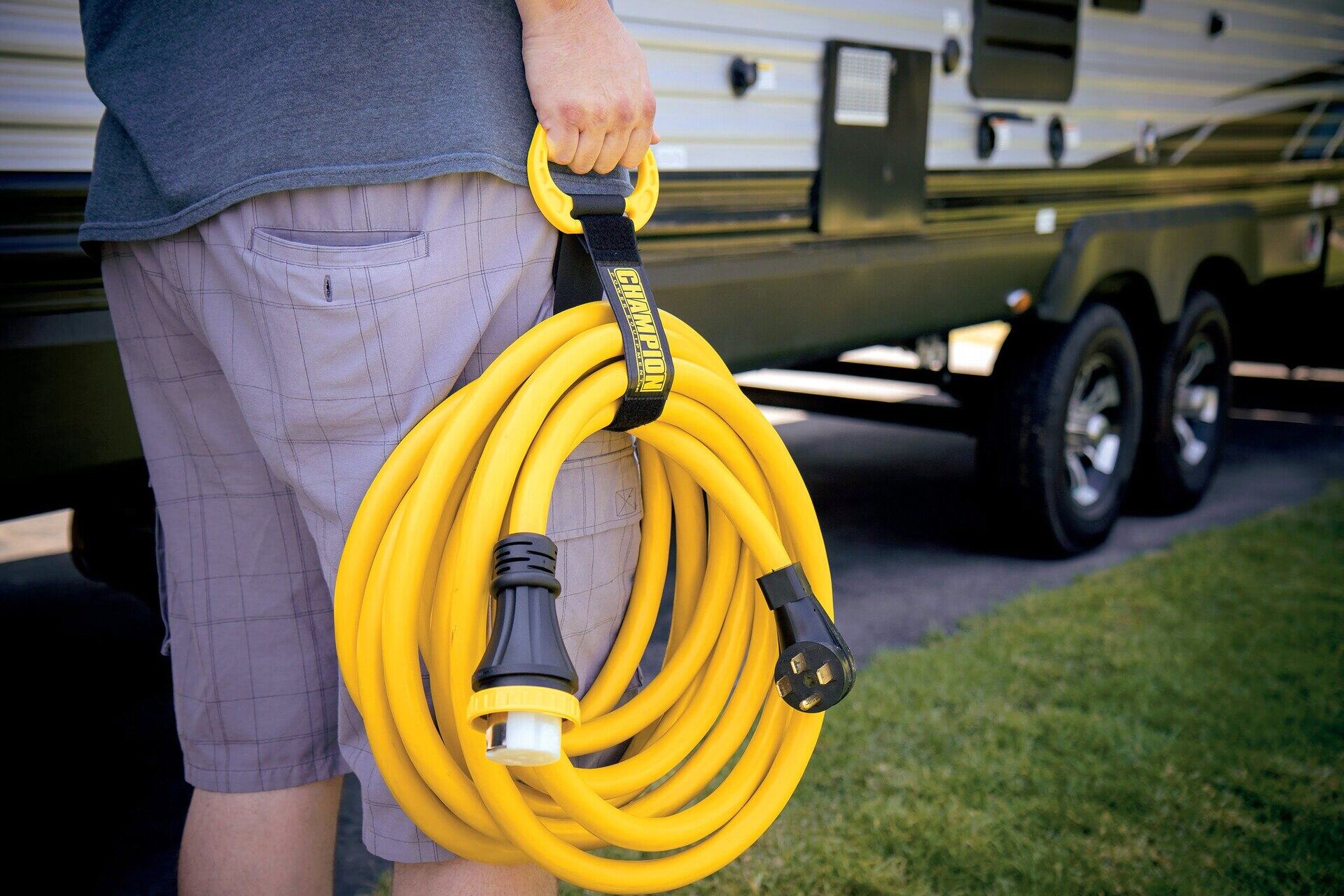
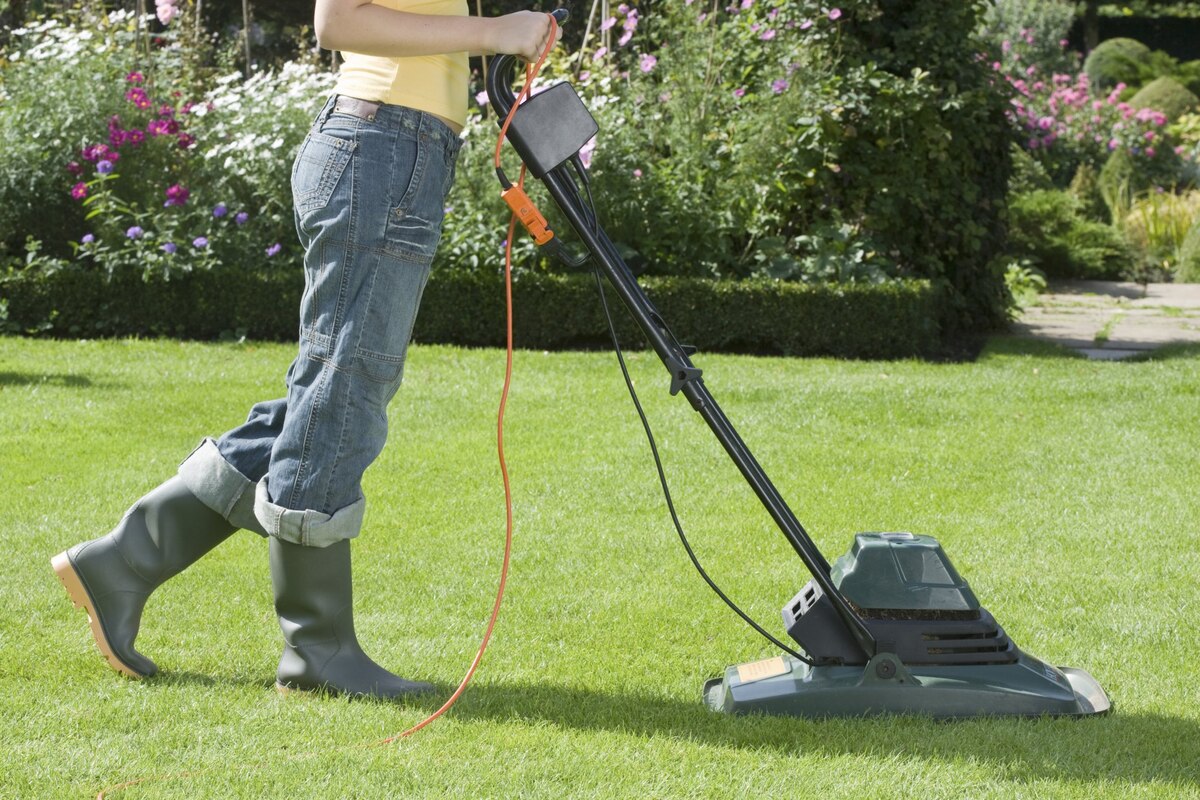
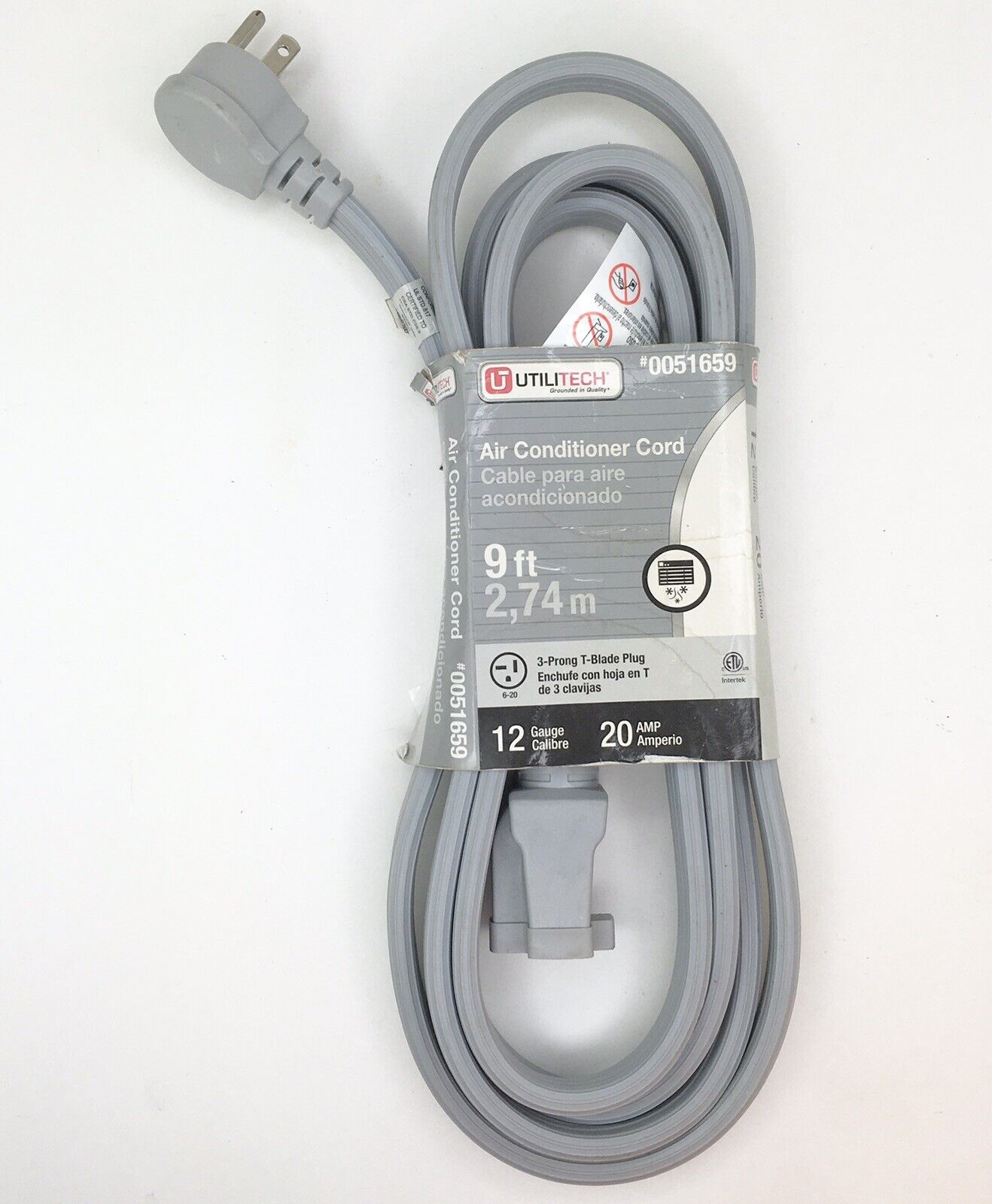
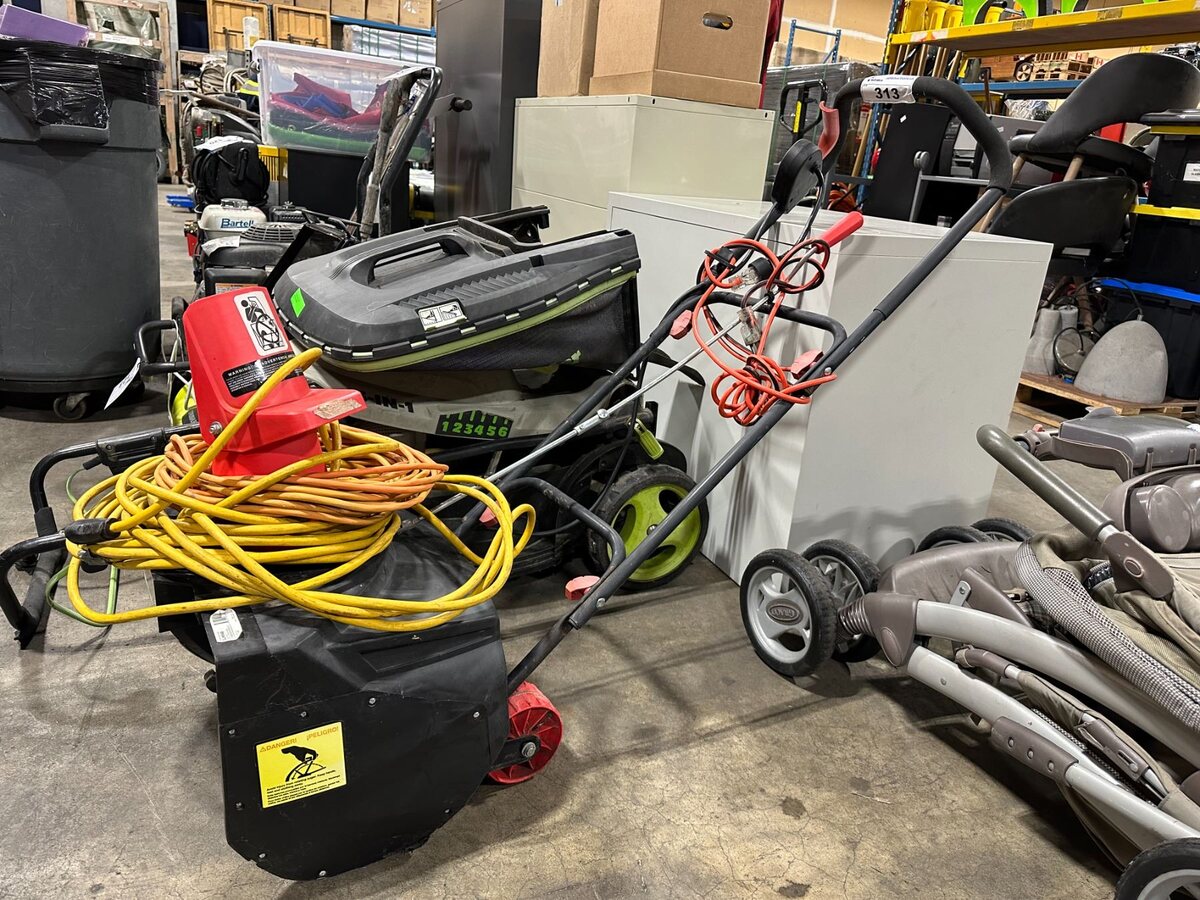
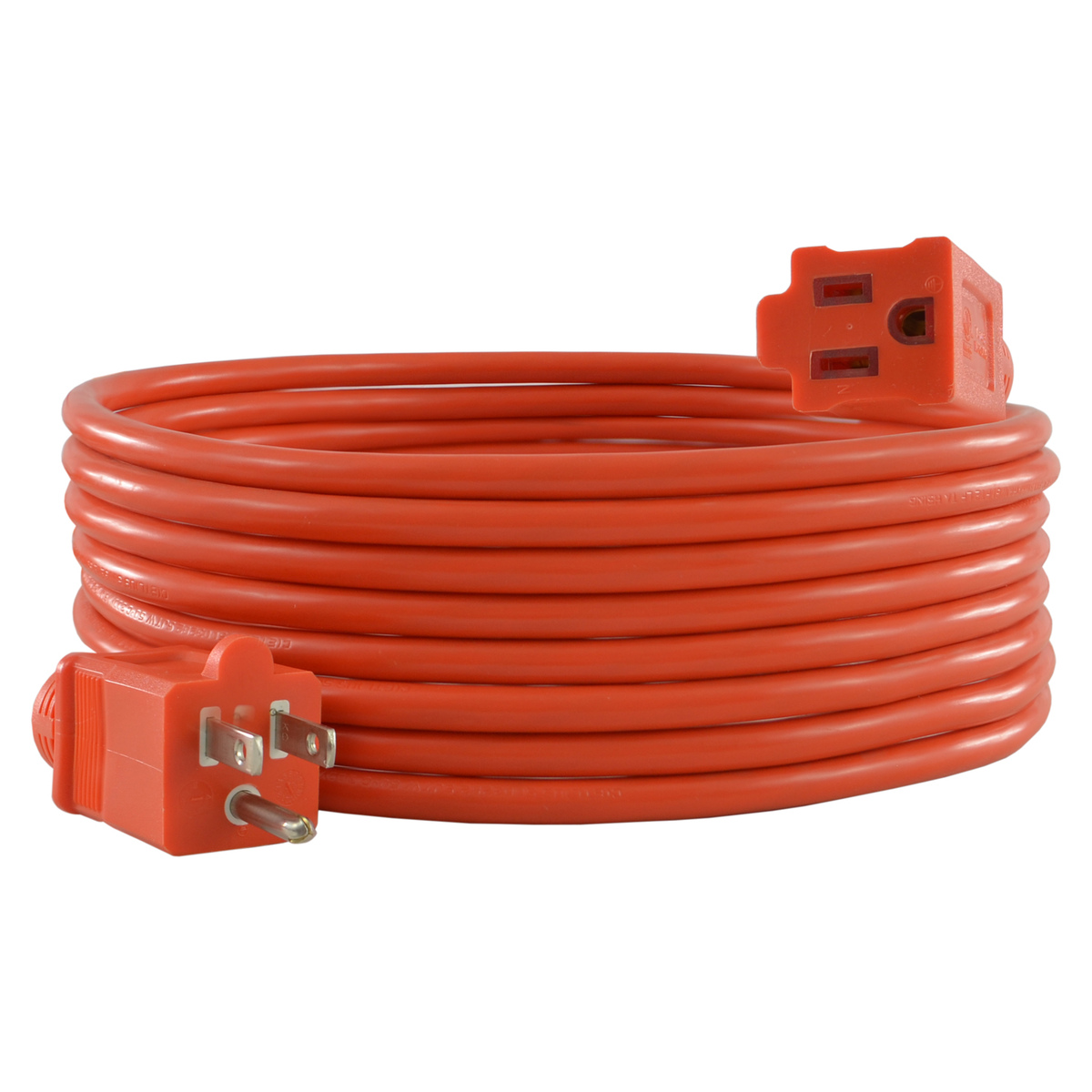
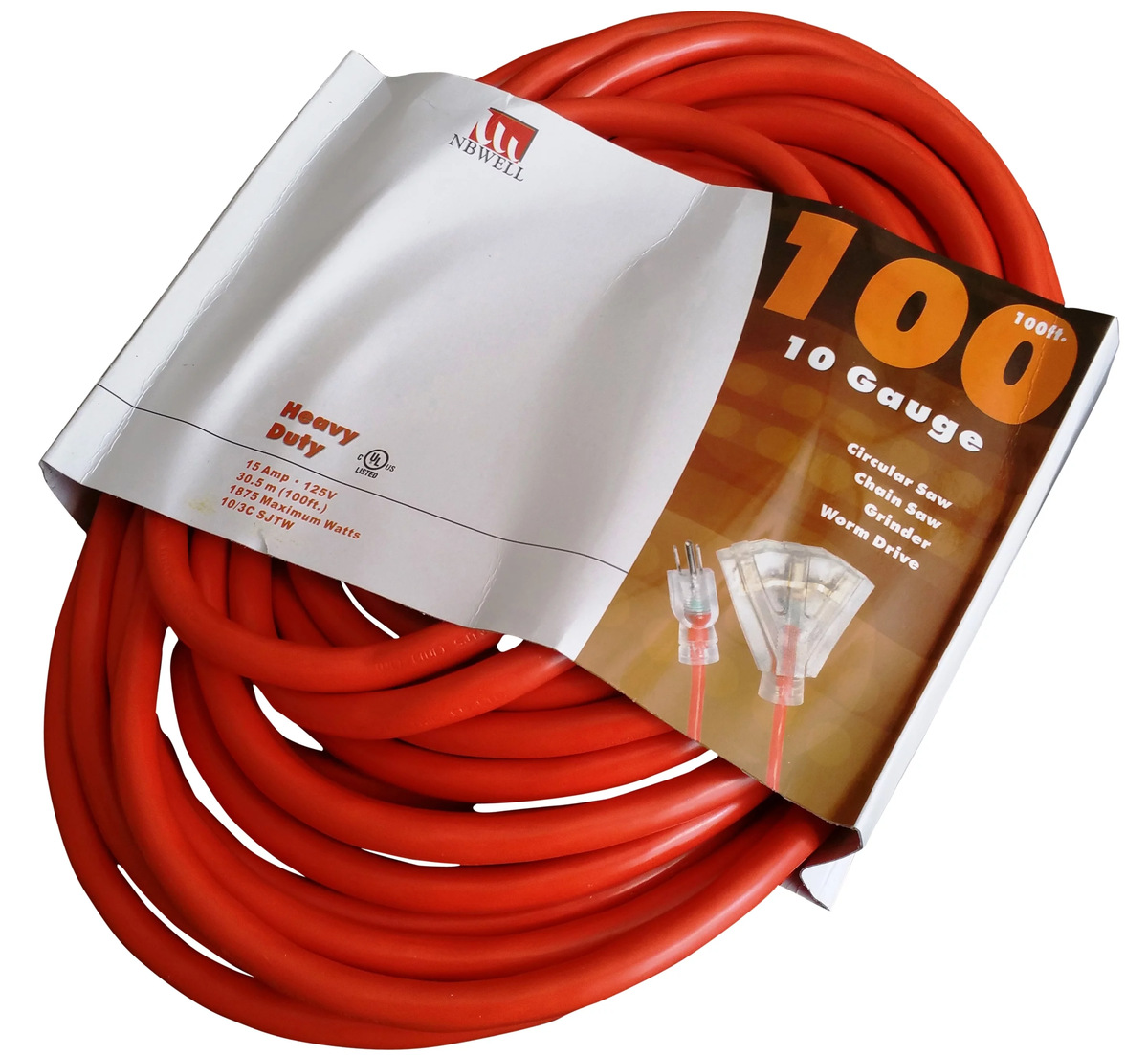
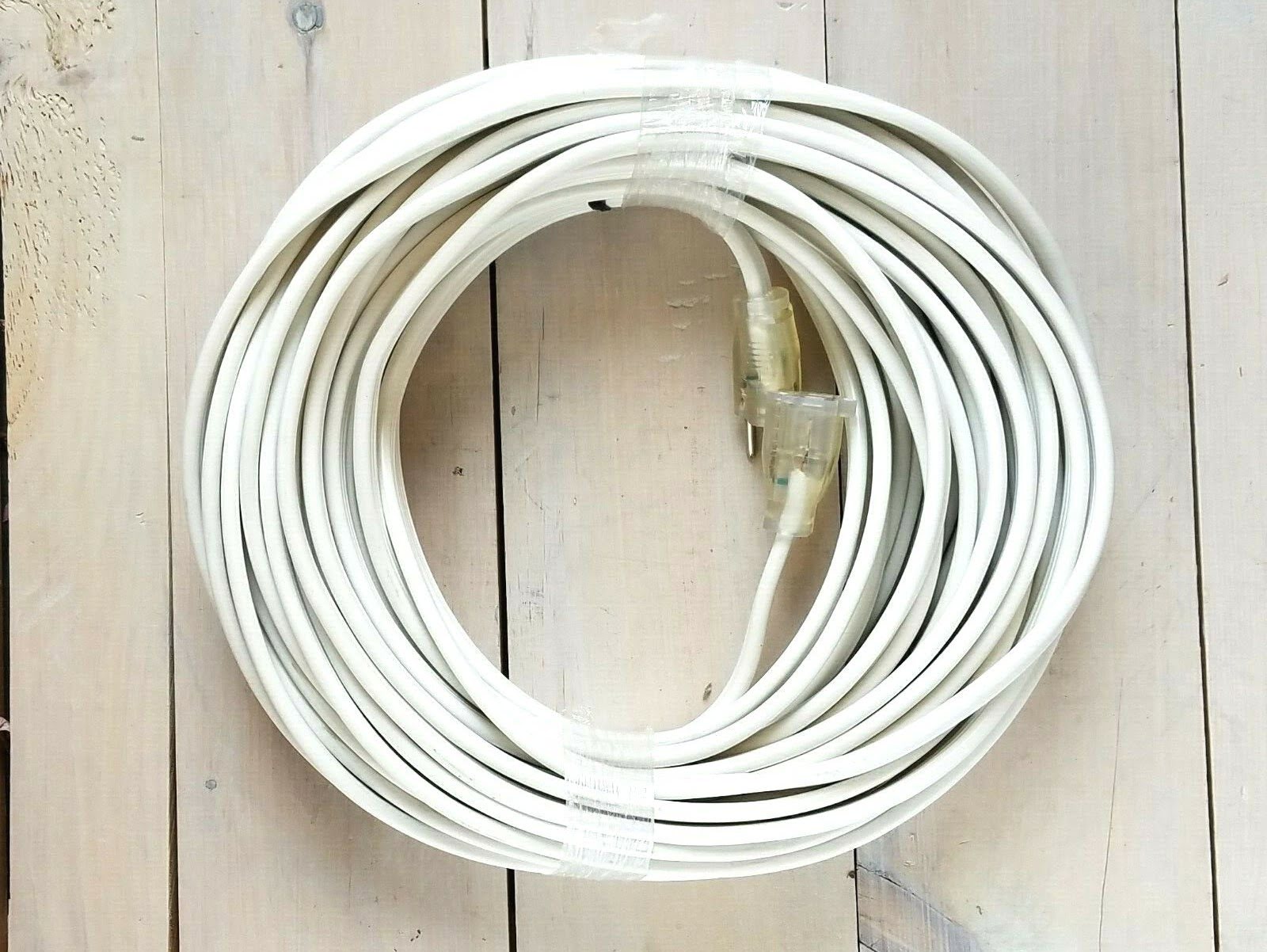
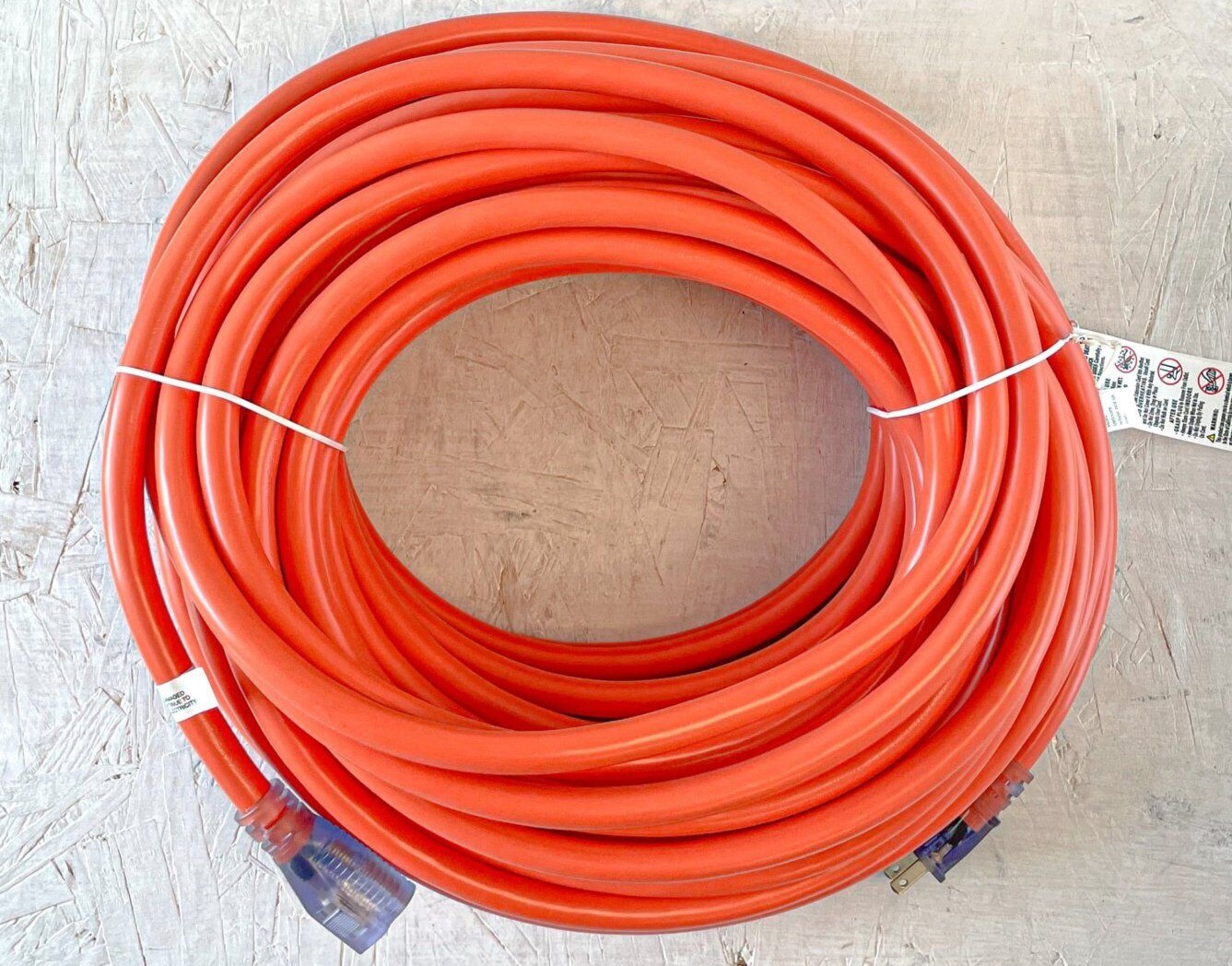
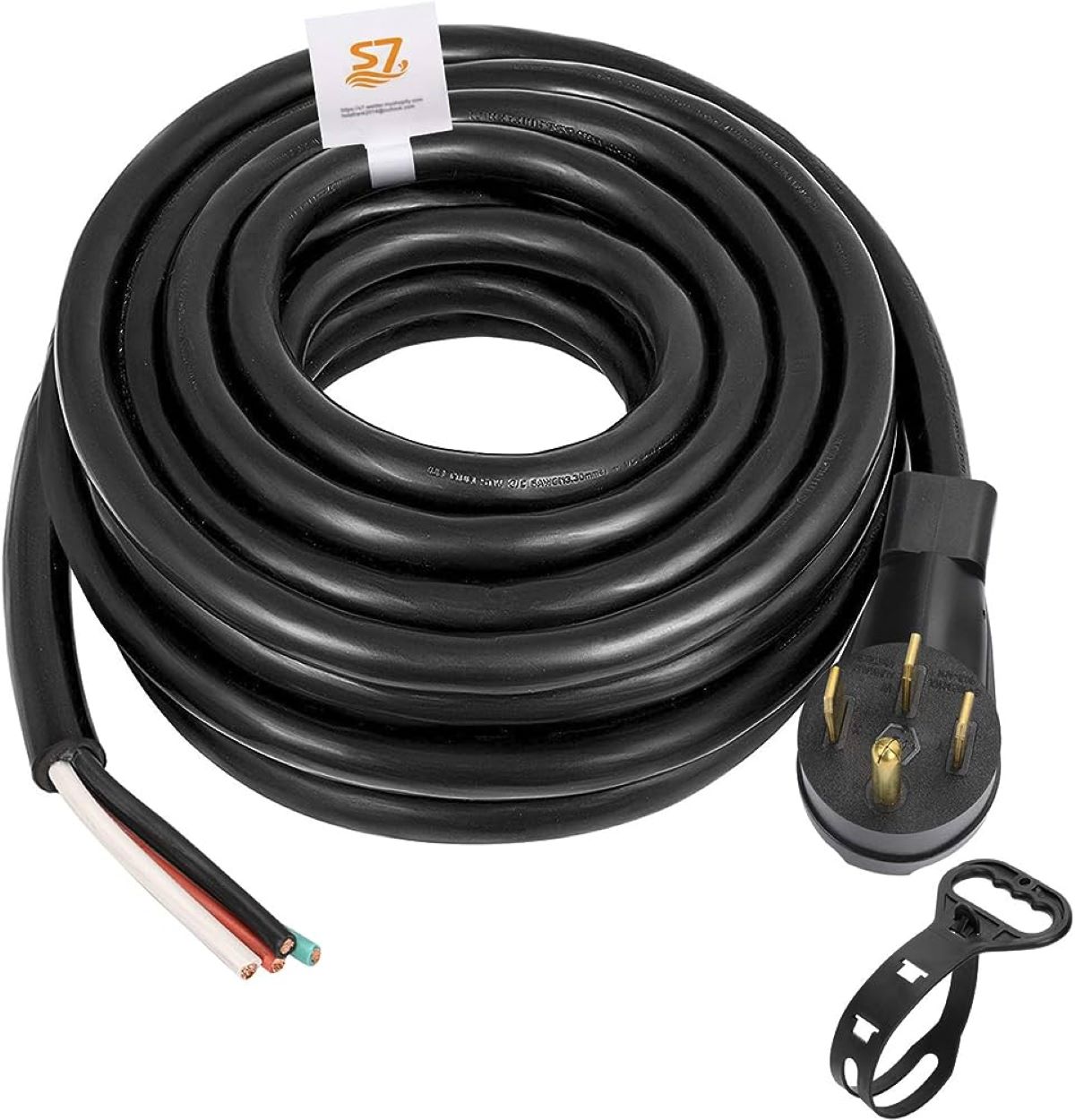
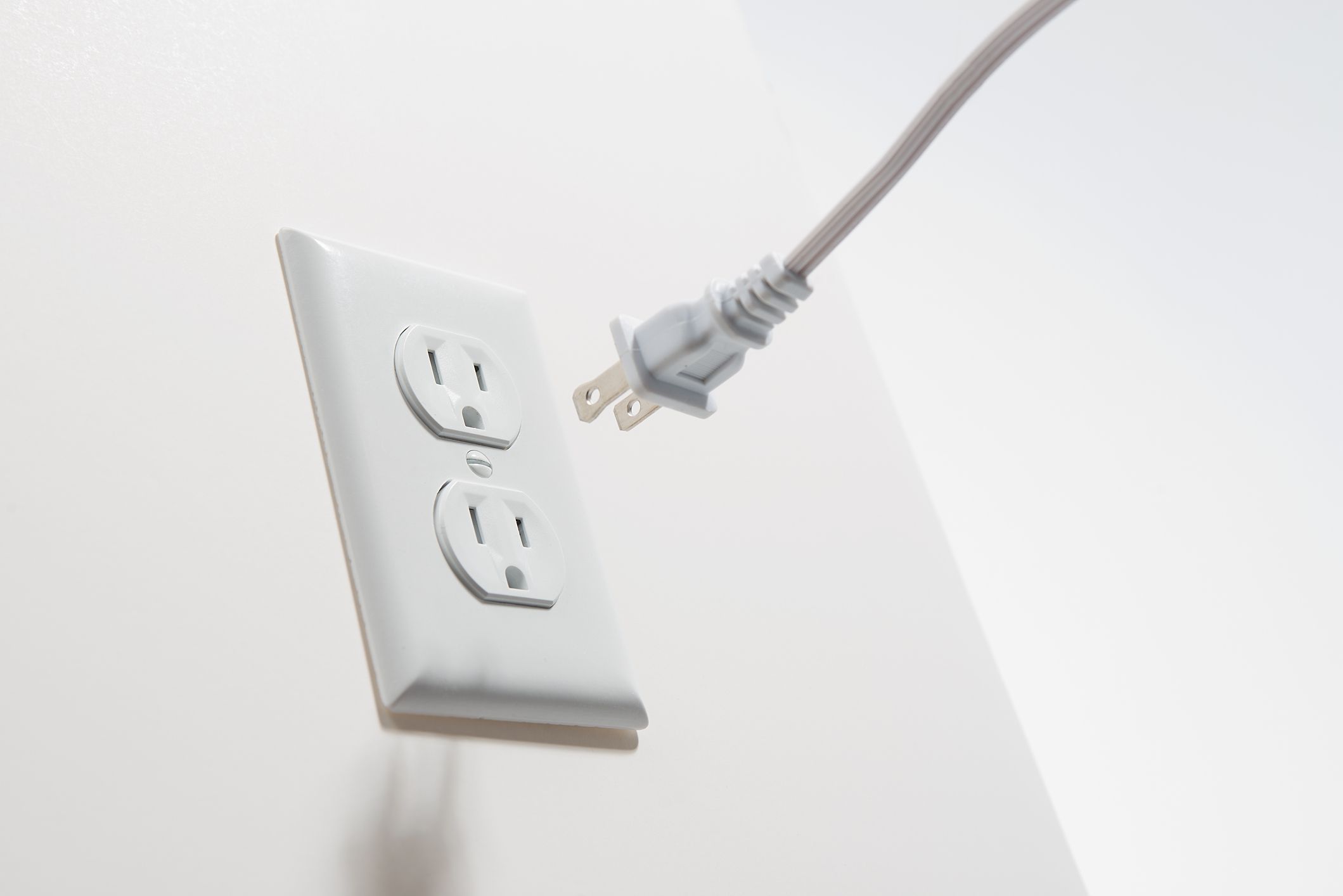
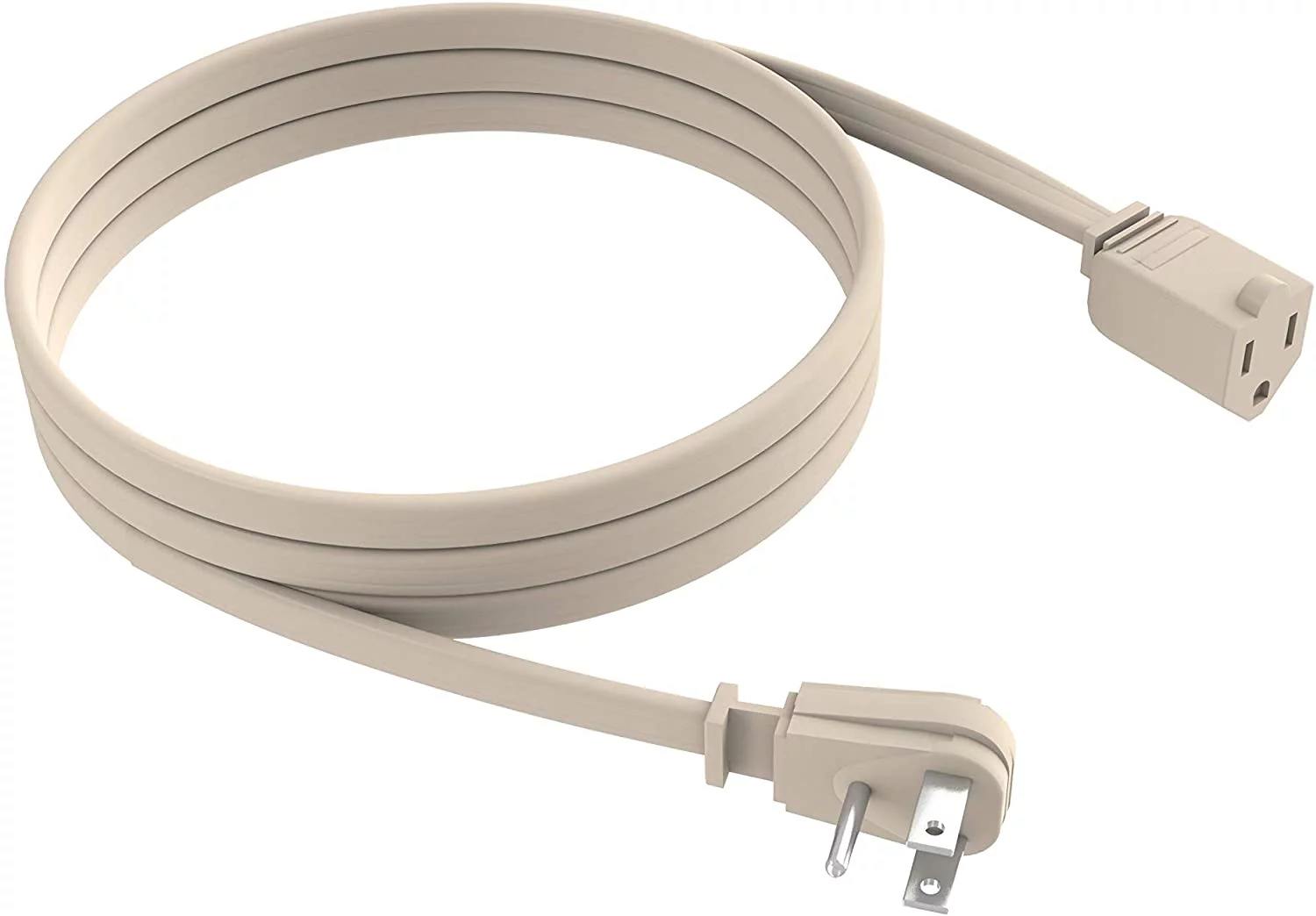
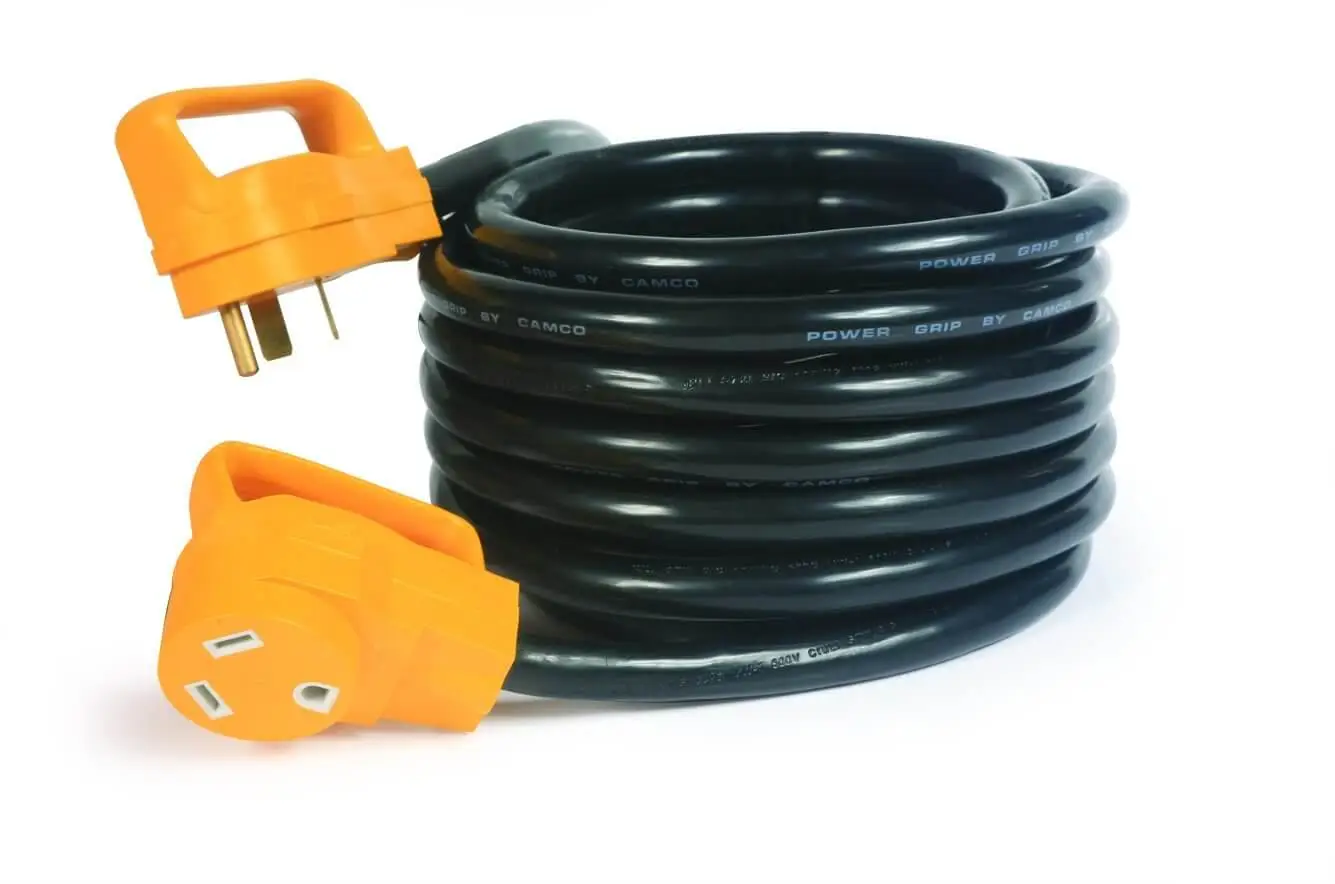
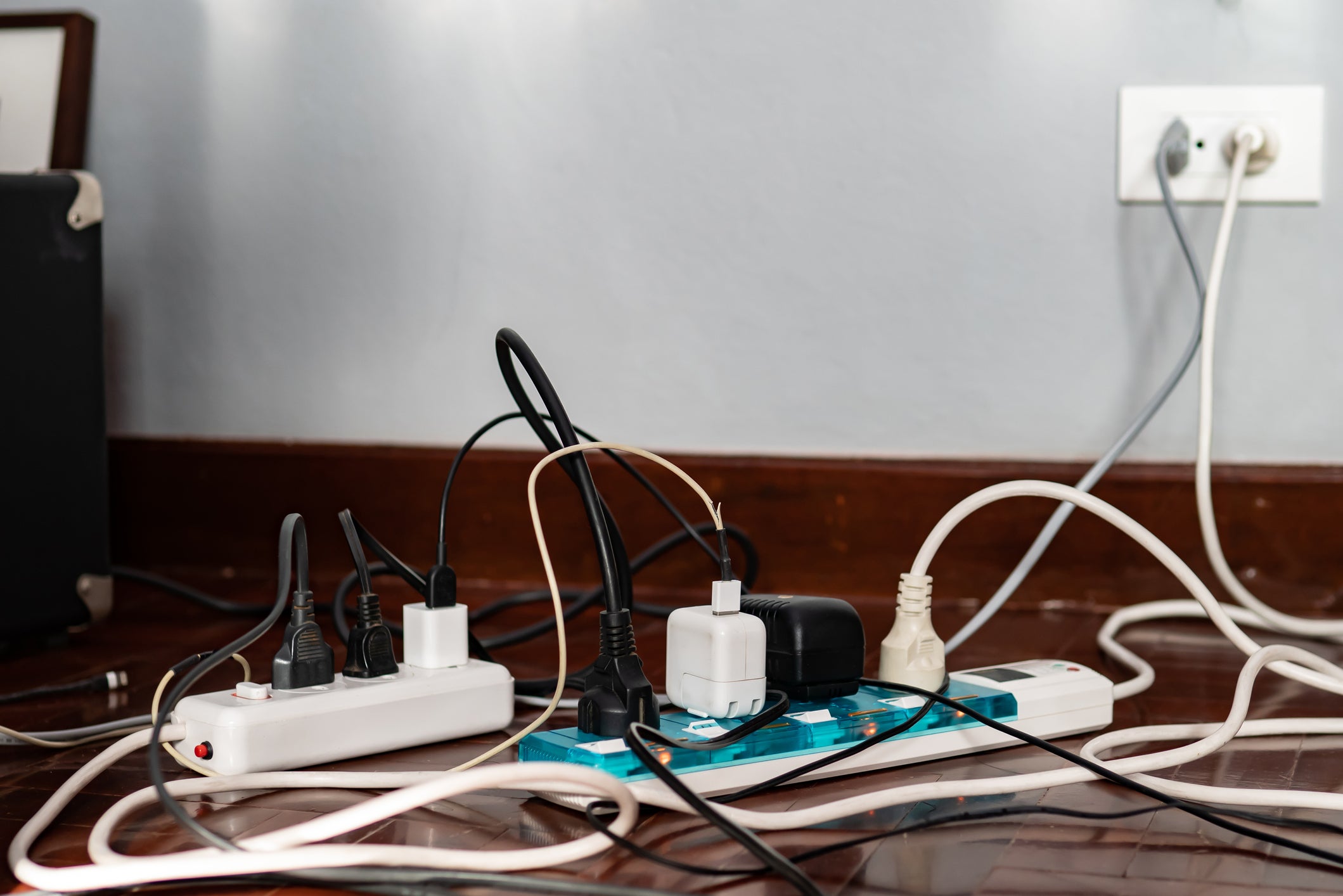
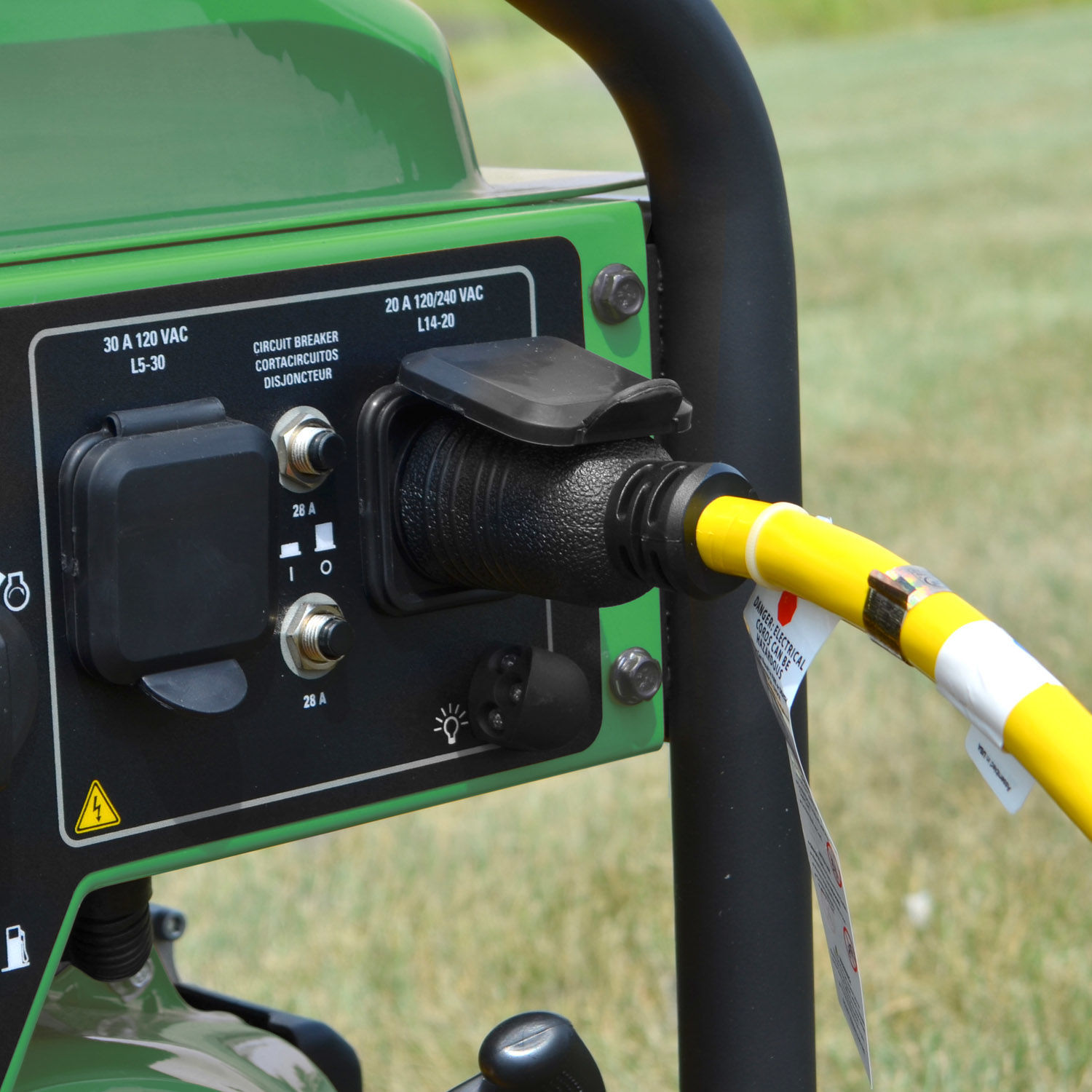

0 thoughts on “What Gauge Is An Extension Cord”